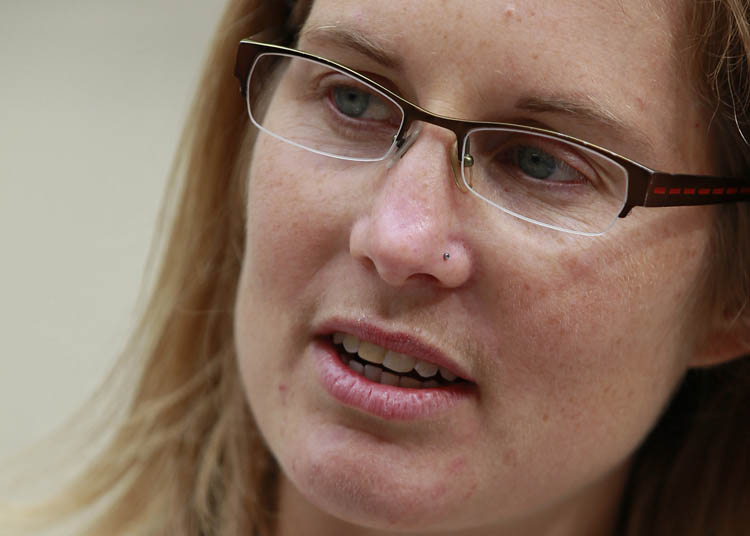Institute to run scientific lakes
N.W. Ontario area world-renowned
Advertisement
Read this article for free:
or
Already have an account? Log in here »
To continue reading, please subscribe:
Monthly Digital Subscription
$0 for the first 4 weeks*
- Enjoy unlimited reading on winnipegfreepress.com
- Read the E-Edition, our digital replica newspaper
- Access News Break, our award-winning app
- Play interactive puzzles
*No charge for 4 weeks then price increases to the regular rate of $19.00 plus GST every four weeks. Offer available to new and qualified returning subscribers only. Cancel any time.
Monthly Digital Subscription
$4.75/week*
- Enjoy unlimited reading on winnipegfreepress.com
- Read the E-Edition, our digital replica newspaper
- Access News Break, our award-winning app
- Play interactive puzzles
*Billed as $19 plus GST every four weeks. Cancel any time.
To continue reading, please subscribe:
Add Free Press access to your Brandon Sun subscription for only an additional
$1 for the first 4 weeks*
*Your next subscription payment will increase by $1.00 and you will be charged $16.99 plus GST for four weeks. After four weeks, your payment will increase to $23.99 plus GST every four weeks.
Read unlimited articles for free today:
or
Already have an account? Log in here »
Hey there, time traveller!
This article was published 02/04/2014 (4237 days ago), so information in it may no longer be current.
The Experimental Lakes Area has been saved and research to preserve freshwater lakes will return this summer.
Three governments signed a deal late Monday to transfer the world-famous research site to the control of Winnipeg’s International Institute for Sustainable Development. The parties reached an agreement just before the midnight deadline.
“It’s a fabulous day,” said Winnipegger Diane Orihel, who spearheaded the Coalition to Save Experimental Lakes Area. Orihel started the coalition because she was a visiting student at the Department of Fisheries and Oceans in Winnipeg on the day Ottawa told staff it was shutting down the ELA.

Staff was given strict orders not to talk to the media, so Orihel felt obligated to start the coalition to get word out.
“I’m so thankful to the provinces of Manitoba and Ontario and the IISD. They’ve worked so hard to save the ELA after the Conservative government tried to shut it down,” said Orihel, who is now a freshwater ecologist at the University of Alberta. She also thanked the 35,000 Canadians who signed a petition to save the ELA, opposition parties who raised the issue in the House of Commons, and the Council of Canadians.
The Harper government announced in 2012 it would close the station to save $2 million per year.
Manitoba and Ontario initially agreed to fund the ELA and hand control to IISD. For the past 18 months, the parties have been negotiating a transfer agreement with Ottawa.
Ontario is putting in $2 million per year for a minimum of four years. Manitoba has pledged $170,000 per year to ELA for six years.
Ottawa also agreed to fund $250,000 per year for four years for the continued monitoring of some lakes that have been subject to research, as part of sharing legal liability on the site. That was one of the key sticking points to getting a transfer agreement.
One of IISD’s first jobs will be to rebuild the world-class team of about a dozen scientists that ran the ELA. Scientists were originally chosen not just from Canada but internationally, as well. Scott Vaughan, president and CEO of IISD, said former ELA scientists will be given first dibs to get their jobs back. The institute can match the federal salaries but not all the benefits, said Vaughan.
The Experimental Lakes Area consists of 58 lakes near Kenora, in northwestern Ontario. It has been a research site since 1968 for freshwater studies that have helped improve conservation in Canada and around the world. The research has produced groundbreaking discoveries on the effects of acid rain, mercury and phosphates on freshwater lakes.
bill.redekop@freepress.mb.ca




